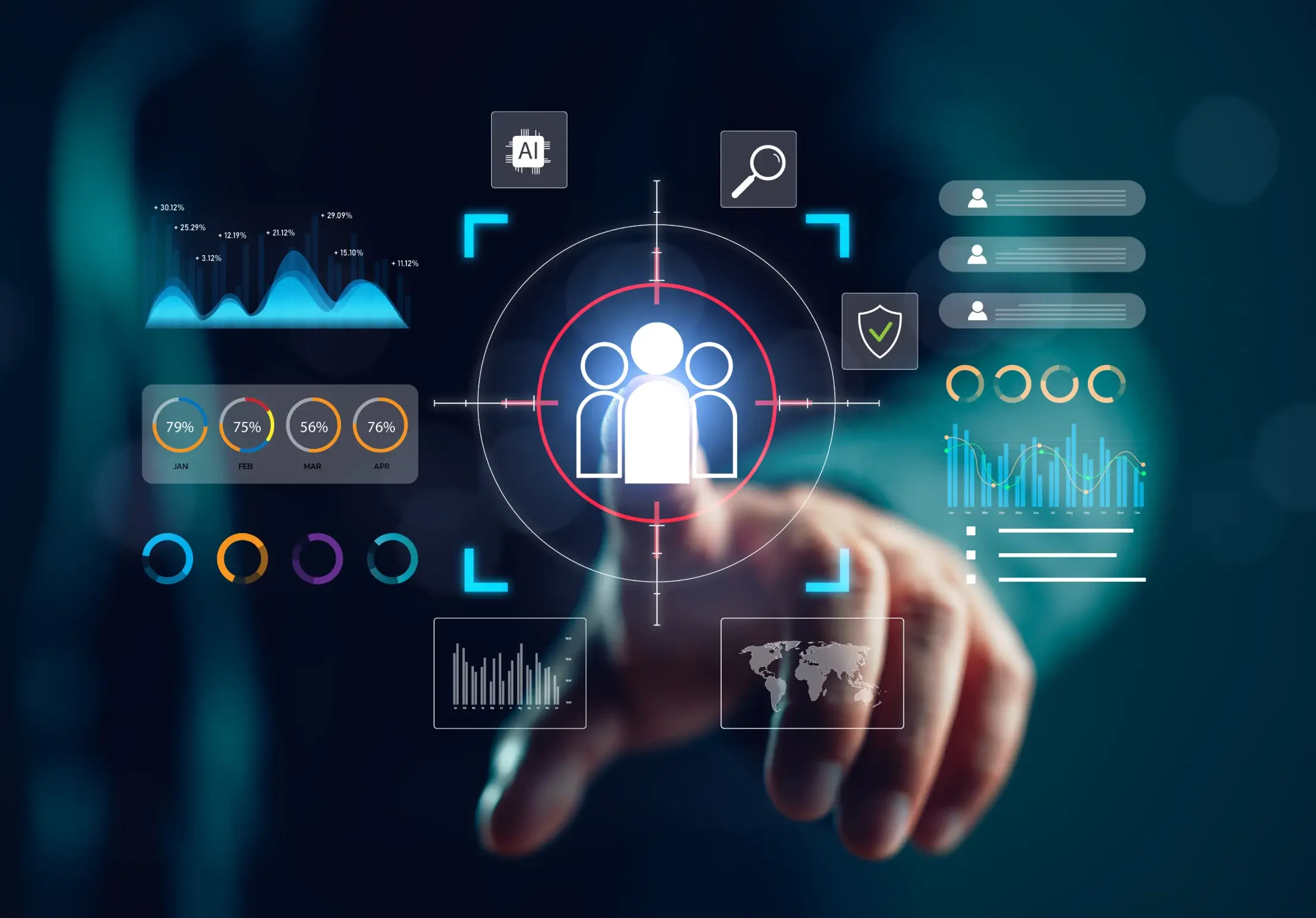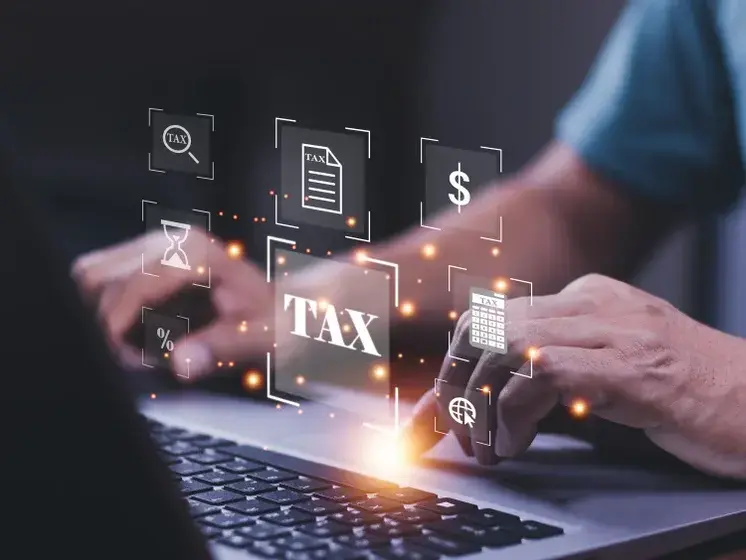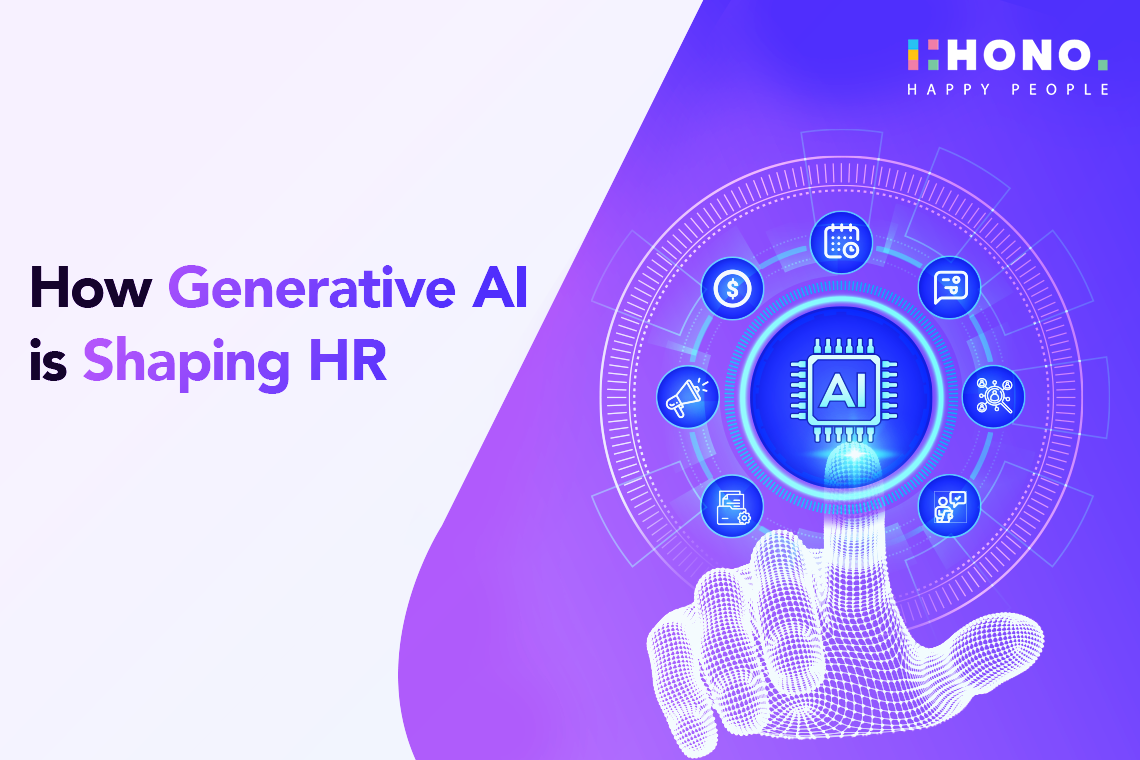.
What is conversational AI?
Conversational AI is a technology that allows robots, typically chatbots or virtual assistants, to converse with people in natural language. A conversational AI chatbot possesses the ability to address often requested inquiries, resolve problems, and engage in casual conversation. This stands in contrast to the constrained capabilities of a static chatbot, which offers restricted functionality when interactions with others. These conversational AI platforms are frequently utilized to create seamless and engaging user experiences in customer service, virtual assistants, language translation, and a variety of other applications.
Also Read: How AI Chatbots Can Improve HR Service Delivery and Employee Support
8 ways how AI is transforming Human Resources
1. Smarter Talent Acquisition
AI is assisting businesses in finding the appropriate employees by analyzing resumes and comparing them to job descriptions. Integrated AI softwares not only parses resumes for you, but it will also utilize the generated data to compile a list of perfect applicants from job portals and other web resources, and it will even send an email to those people encouraging them to apply for your vacant positions.
From video interview insights to personality evaluations and much more, the evaluation process is becoming increasingly AI-driven. Not only will you save numerous hours of effort, but you will also ensure that no potential applicant is ignored due to human error or exhaustion.
2. Enhanced Candidate Experience
HR departments may provide real-time assistance to potential applicants via conversational AI-powered chatbots. These bots may answer frequently asked questions, give company and job position information, and help applicants through the application process. This allows the HR team to focus on strategic tasks, while candidates receive immediate responses to their queries, improving their overall experience. Even if the applicant is not eventually picked, the personalized and fast engagement improves the candidate experience, leading to a favorable opinion of the organization.
Do not miss: How AI chatbots are transforming HR in 2023?
3. Smooth onboarding and offboarding
AI could assist to speed up the onboarding process for new employees, providing a smooth transfer into the organization. Policy, benefit, and training programme details can all be made available via chatbot. Furthermore, AI-powered onboarding platforms may provide personalized training programmes based on an employee's skill set, resulting in a more efficient and targeted experience.
By offering personalized experiences, departure surveys, and knowledge transfer, AI in HR is revolutionizing the employee offboarding process. Exit interviews are conducted by AI-powered chatbots, and feedback is analyzed to determine retention patterns. Personalized offboarding strategies meet the requirements of employees, while knowledge transfer facilitates smooth transfers. AI maintains regulatory compliance and keeps former employees engaged through alumni programmes.
4. Initiatives to Increase Employee Engagement
HR departments sometimes struggle to appropriately evaluate employees' state of mind. This task may be automated with the help of an AI-powered survey tool. For example, you may automate a short, engaging survey that asks employees for honest and anonymous feedback, the results of which are analyzed by an AI tool.
In turn, trends and areas of concern are highlighted, giving HR teams the information they need to increase employee happiness and engagement.
5. Learning and Development
AI-powered platforms analyze employee skills and learning preferences to offer suitable courses and resources. Organizations may identify skill gaps and build tailored development programmes using data-driven insights. Conversational AI also makes adaptive learning possible by altering information based on individual success. This automation improves skill development, promotes employee engagement, and streamlines training procedures, resulting in a more skilled and productive workforce.
6. Employee Retention Using Predictive Analytics
Employee turnover is a big concern for human resource departments. By analyzing massive volumes of personnel data, AI in HR can assist in identifying variables that contribute to attrition.
HR may use predictive analytics to identify possible turnover concerns and take proactive steps to increase retention. Companies may cultivate a more engaged and contented staff by addressing issues before they escalate.
1. Diversity and inclusion in the workplace
AI may assist in the elimination of unconscious bias throughout the recruiting and performance evaluation procedures. AI enables fair evaluations based only on merit by eliminating identifying information from applicant profiles and performance data. As a result, the organization's staff becomes more varied and inclusive, supporting innovation and creativity.
2. Workforce Planning
AI algorithms use past data to estimate worker requirements, detect skill shortages, and even forecast attrition rates. This enables HR to address talent shortages proactively, optimize recruitment efforts, and promote a diverse and resilient workforce. HR teams can confidently negotiate the difficulties of people management by leveraging the potential of AI in HR workforce planning, preparing their organizations for success in the future.
These are just a few examples of how AI might improve the efficiency and effectiveness of regular HR procedures. Each AI-powered solution not only reduces the strain of HR professionals, but also improves the overall employee experience - and, as a result, increases the value of your function in the broader organization.
Streamline recruitment with intelligent candidate matching, conversational AI chatbots, and data-driven talent analytics. Enhance employee engagement through personalized onboarding, performance reviews, and skill development plans with HONO.
Related: The Impact of AI on Talent Management: Streamlining Recruitment Processes
HONO's AI ensures fair evaluations, fostering diversity and inclusion. Say goodbye to manual processes and hello to a future-ready HR department. Embrace the future-ready technology, make data-driven decisions, and create a thriving workplace with HONO's AI. Experience the power of AI-driven HR today!









.jpg)
